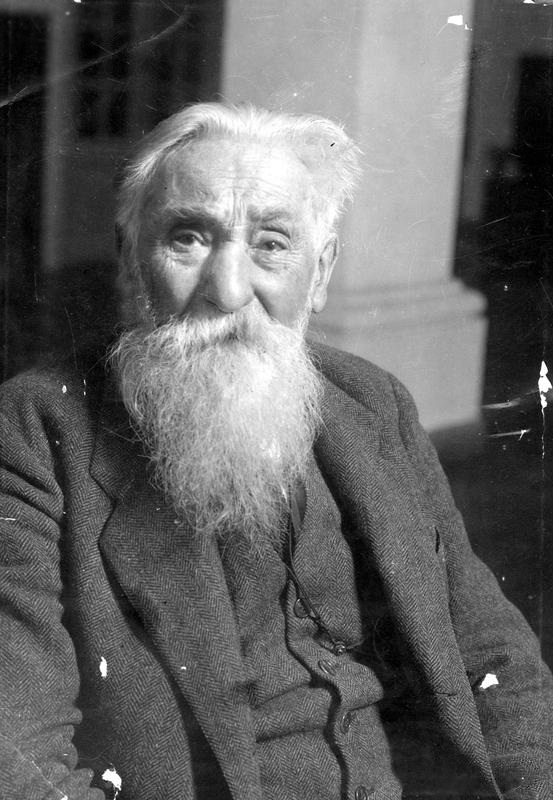Today is the 88th anniversary of the death of Bolesław Limanowski, the Polish historian and sociologist.
Bolesław Limanowski, Polish historian and sociologist, known as the nestor of Polish socialism, as one of the first political activists of the partition period formulated theses on the need for an independent Polish state.
He was born on 18 October 1835 in Podgórze into a noble family with Polish-Lithuanian roots. After finishing gymnasium, he began to study medicine at Moscow University, which he abandoned in favour of philosophy.
Inspired by the idea of a national-liberation uprising, as early as September 1860 he left for Paris, where he enrolled at the Polish Military School, designed to educate future officers. After the school was closed – because of the intervention of the Russian ambassador – he returned to Vilnius, where, inspired by General Ludwik Mierosławski, he began his pro-independence-revolutionary activities.
After he organised a patriotic demonstration at Vilnius Cathedral Church, he was arrested and exiled to the Arkhangelsk Gubernia. After the fall of the January Uprising (1864), he took up self-education. Several years later, he was already a well-known theoretician of the idea of independence socialism, co-organising the Geneva-based Socialist Association “People of Poland”, and later became affiliated with the Paris-based National Socialist Commune. Both organisations advocated the struggle for the sovereign existence of the Polish state and the improvement of living conditions for peasants and workers, which for Limanowski was the quintessence of his political views: “Patriotism and socialism, therefore, are not only not opposed to each other, but are mutually reinforcing. True patriotism turns first and foremost to that which constitutes the basis and real strength of the nation, the working people, and must therefore be socialist; sincere socialism, flowing from love of the nation, must be patriotic”.
In November 1892, in Paris, he presided over a convention of activists of the socialist parties of the Russian partition, which resulted in the establishment of the Foreign Union of Polish Socialists, and later in the formation of the Polish Socialist Party (PPS).
In independent Poland, on behalf of the PPS, he served three times as a senator. He was promoted to the rank of second lieutenant veteran of the Polish Army. In 1923, he was awarded an honorary degree of Doctor of Laws from the Jan Kazimierz University in Lwów, and in 1934 the University of Warsaw awarded him an honorary doctorate.
He died on 1 February 1935 in Warsaw.





